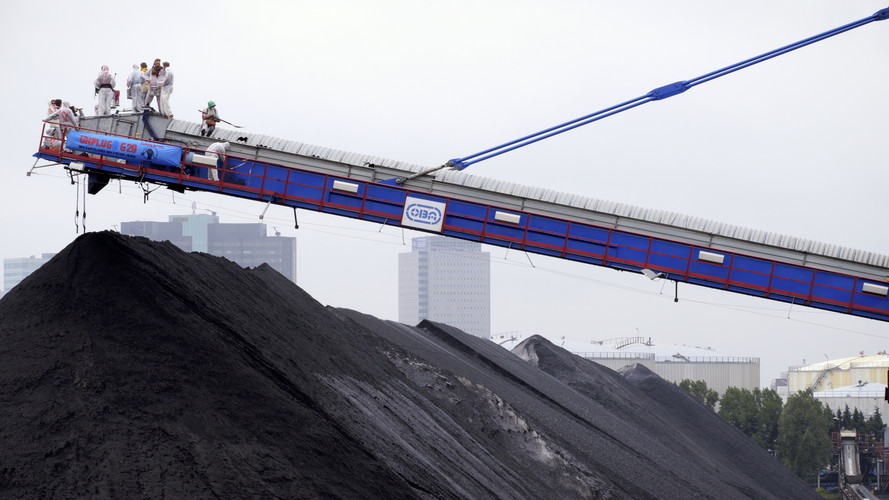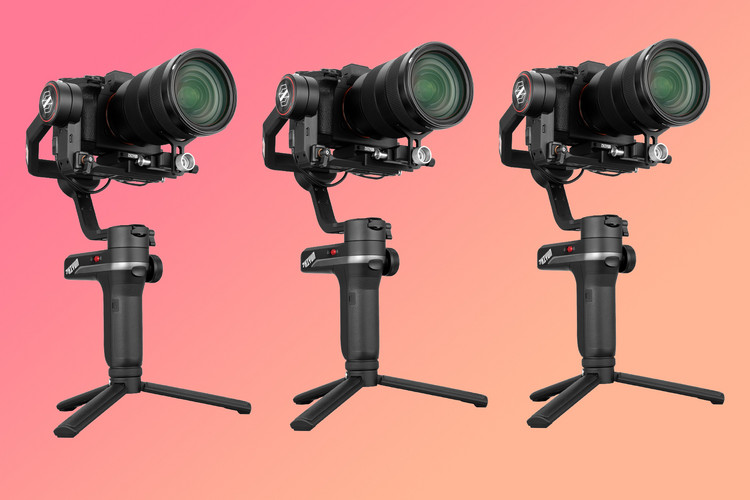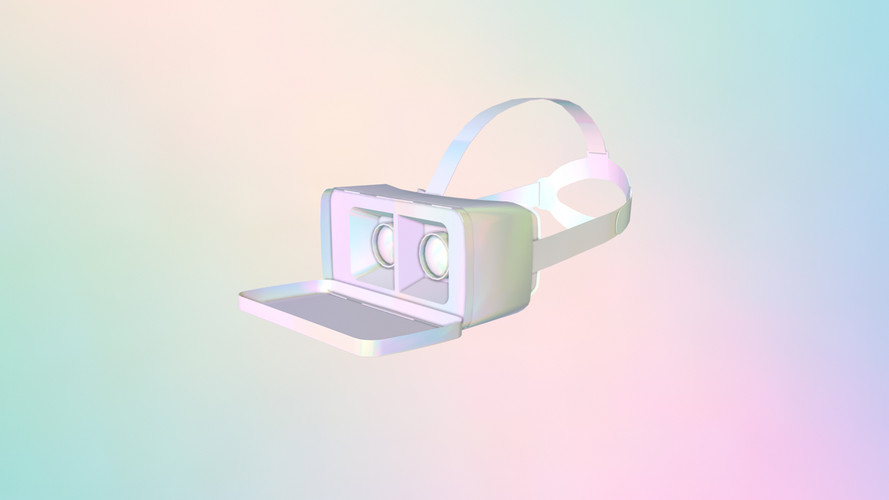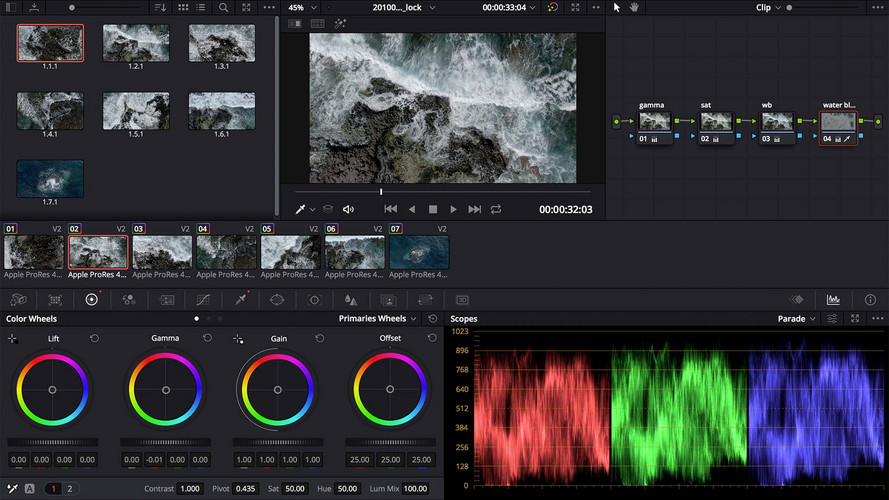WiSe 21/22
Seeing through flames: Intersectional resistance toward (climate) justice
Vanina Saracino und Prof. Nina Fischer
This seminar unfolds as a continuation to More-Than-Human Perspectives and Tentacular Thinking (April–July 2021), which stressed the urgency to overcome the prevailing binary and anthropocentric paradigm to value the multiple and irreplaceable symbiotic relations thriving among all the critters that surround us. Reconsidering the prevailing notions of ‘consciousness’ and ‘intelligence‘ is crucial to acknowledge and understand the unique ways in which more-than-human life forms have evolved to solve problems—that of energy/food scarcity, among others—without recurring to destructive or detrimentally extractive practices.
Within the frame of ‘tentacular thinking’ (Donna Haraway, 2016), the new seminar Seeing through flames: intersectional resistance toward (climate) justice will reflect on art’s potential to transform our modes of seeing, and to translate this shift into lasting social change. From an intersectional perspective, it considers multiple artistic practices that pursue a political impact while also actively disengaging from the universalizing discourse of the Anthropocene underlining, instead, the multiple levels of discrimination (based on race, gender, economic condition, country of origin..) that must be taken into account when organizing collective action.
The term ‘intersectionality’, coined by Kimberlé Williams Crenshaw in 1989, has become widely used today as an analytical framework that makes sense of how aspects of a person's identity and their social, political, and economic status can merge to create different modes of discrimination and privilege. As Rebecca Solnit observes, “climate change is violence” on a global scale, against people, species, and places, and the current policies to counter arrest its effects mirror the existing inequalities on a geopolitical scale. Intersectionality demands thus the politicization of ecology and the synchronized practice of climate justice, equal rights, and historical responsibility when addressing climate change, acknowledging the fact that not everyone is equally responsible for it (although the generic ‘human’ of the Anthropocene suggests otherwise) and not everyone will be equally affected by its consequences. “If the Anthropocene thesis anesthetizes politics, what would it mean to politicize its visual culture?” (T.J. Demos, 2017).
Seeing through flames: intersectional resistance toward (climate) justice unfolds as a non-exhaustive survey of art’s most relevant acts of intersectional resistance thriving in the hybrid fields of experimental film and video. Further activities will include artist talks (Oliver Ressler and Grace Ndiritu, among others), visiting related exhibitions, and discussing relevant bibliography. Furthermore, this seminar will be a point of departure to develop a group exhibition in indoor and outdoor public spaces across Berlin, scheduled to take place in late summer 2022. The students will have the possibility to choose either the realization of a practical or a theoretical work related to the topics approached throughout the semester.
Wednesday, 10 AM–1 PM, bi-weekly (with few exceptions, see dates below)
First day: 20.10.2021
Further days: 27.10.2021, 10.11.2021, 24.11.2021, 8.12.2021, 12.01.2022, 26.01.2022, 2.02.2022, 16.02.2022, with additional time reserved for individual tutoring.
Location: GRU, Galerie, EG and online (digital classroom)
Please register in advance: ni.fischer(at)udk-berlin.de
Vanina Saracino is an independent curator, writer, and lecturer. In 2022, she will co-curate the Screen City Biennial Other Minds.
Lilli Kuschel
Ein Gimbal ist ein Gerät mit eingebauten Motoren und Sensoren zur externen Bildstabilisierung von Kameras, um ruckelfreie und flüssige Kamerabewegungen und Kamerafahrten zu machen. In dieser praktischen Kameraübung werden wir den gesamten Workflow eines Filmdrehs mit Gimbal und kleineren digitalen Sytemkameras kennenlernen und üben: von der Balancierung der Kamera, über die Frage der Fokussierung während der Aufnahme, die verschiedenen Modes und Einstellungen des Gimbals, bis hin zu Remote-Bedienung des Gimbals. Wir werden verschiedene Arten von Kamerafahrten üben, wie z.B. Ranfahrten, Rückwärtsfahrten, Verfolgungsfahrten, freie Fahrten oder 360°- Fahrten und deren filmische Wirkung untersuchen. Wir werden mit dem Gimbal Zhiyun Weebill S arbeiten, der Sony Alpha 7S und der Panasonic GH5.
Blockseminar:
3 G Regel
Einführung : Do 18.11 , 10 - 13 Uhr Klassenraum GRU 128/129
Tag 1 Fr. 19.11. 10 -18 Uhr Galerie
Tag 2 Sa. 20.11. 10 -18 Uhr Galerie
Tag 3 Fr. 03.12. 10 -18 Uhr Galerie
Tag 4 Sa. 04.12 10-18 Uhr Galerie
Anmeldung bitte per Mail an: l.kuschel@udk-berlin.de
English:
A gimbal is a device to stabilize cameras with the help of inbuilt motors and sensors, to get fluid and smooth video footage while moving the camera through space. In this practical camera workshop we will practice the workflow of a filmshooting using a gimbal and smaller digital cameras: mounting and balancing the camera on the gimbal, focussing while moving and recording, modes and settings of the the gimbal and remote controlling the gimbal. We will practice different types of camera movements like dollying, tracking, trucking, pushing in and pulling out or the 360 degree ark shot and explore their different effects. We will work with the Zhiyun Weebill S and smaller digital cameras like the Sony Alpha 7S or the Panasonic GH5.
Workshop:
3 G Rule
Introduction : thursd. 18.11 ,10 - 11 am, classroom GRU 128/129
day 1 fri. 19.11. 10 am - 6pm - Gallery
day 2 sat. 20.11. 10 am - 6pm - Gallery
day 3 fri. 03.12. 10 am - 6pm - Gallery
day 4 sat. 04.12 10 am - 6pm - Gallery
To register please write to: l.kuschel@udk-berlin.de
Expanded Reality Worlds II
Kathrin Hunze
Mit Expanded Reality (XR) ist ein Überbegriff gemeint der für Virtual Reality (VR), Augmented Reality (AR) und Mixed Reality (MR) Technologien steht.
In dem zweiten Teil dieses Seminars werden wir in Expanded Realities eintauchen und deren verschiedene Formen (VR, AR, MR) als künstlerische Ausdruckform untersuchen.
Dabei werden wir die Game Engine Unity wie auch weitere Programme mit verschiedene Techniken als experimentelles Environment einsetzten.
Eigene Projekte sind willkommen aber keine Bedingung. Unity Beginner sollten sich bitte vorab bei mir melden!
Donnerstag, 2-wöchentlich
GRU 128/129 and GRU Galerie ( Ort wird per Mail bekannt gegeben)
Nov 2021: Donnerstags 14-17 25.11/ 9.12 / 16.12
Jan 2022: Freitags 10-12: 7.1./ 21.1 / 4.2.
und Projektbesprechungen nach Vereinbarung
Anmeldung unter : kh(at)raumperspektive.com
Expanded Reality Worlds II
Kathrin Hunze
Expanded Reality (XR) is an umbrella term for Virtual Reality (VR), Augmented Reality (AR) and Mixed Reality (MR) technologies.
In the second part of this seminar we will dive into Expanded Realities and examine their various forms (VR, AR, MR) as an artistic form of expression.
We will use the game engine Unity as well as other programs with different techniques as an experimental environment.
Own projects are welcome but not a requirement. Unity beginners should contact me in advance!
bi-weekly
at GRU 128/129 and GRU Galerie (will be announced per mail)
Nov 21: thursdays 2pm -5pm 25.11/ 9.12 / 16.12
Jan 22: fridays 10 am -12am 7.1. / 21.1 / 4.2.
projectmeetings by appointment
Please register in advance : kh(at)raumperspektive.com
Einführung in die Kunst und Technik der Farbkorrektur
Anne Braun
Dieser Kurs vermittelt die grundlegenden Funktionsweisen der Grading Software DaVinci Resolve (Studio) und geht dabei auf die technischen Parameter von Bildsignalen und deren Interpretation sowie Verarbeitung ein. Wir beschäftigen uns mit Phänomenen des Sehens, der Wirkung von Kontrasten und Farben sowie der Analyse gängiger künstlerischer Praktiken der Farbgestaltung im Film.
In Übungen und am eigenen Projekt gilt es den kompletten Workflow der Farbkorrektur praktisch zu erfahren, die Tools der Software kennenzulernen und diese gezielt einzusetzen.In Abhängigkeit der Regularien zum Umgang mit der Pandemie findet die praktische Arbeit in Präsenz statt. Für die individuelle Übung der Teilnehmenden zu Hause wird die Installation der Software empfohlen sowie die Grundausstattung des eigenen Arbeitsplatzes mit mindestens zwei Monitoren.
Aula oder Galerie und Schnittplätze
Fr 03.12.2021 10-14 Uhr
Fr 17.12.2021 10-14 Uhr
Fr 14.01.2021 10-14 Uhr
Sa 15.01.2021 10-14 Uhr
Fr 28.01.2021 10-14 Uhr
Sa 29.01.2021 10-14 Uhr
Fr 11.02.2021 10-14 Uhr



